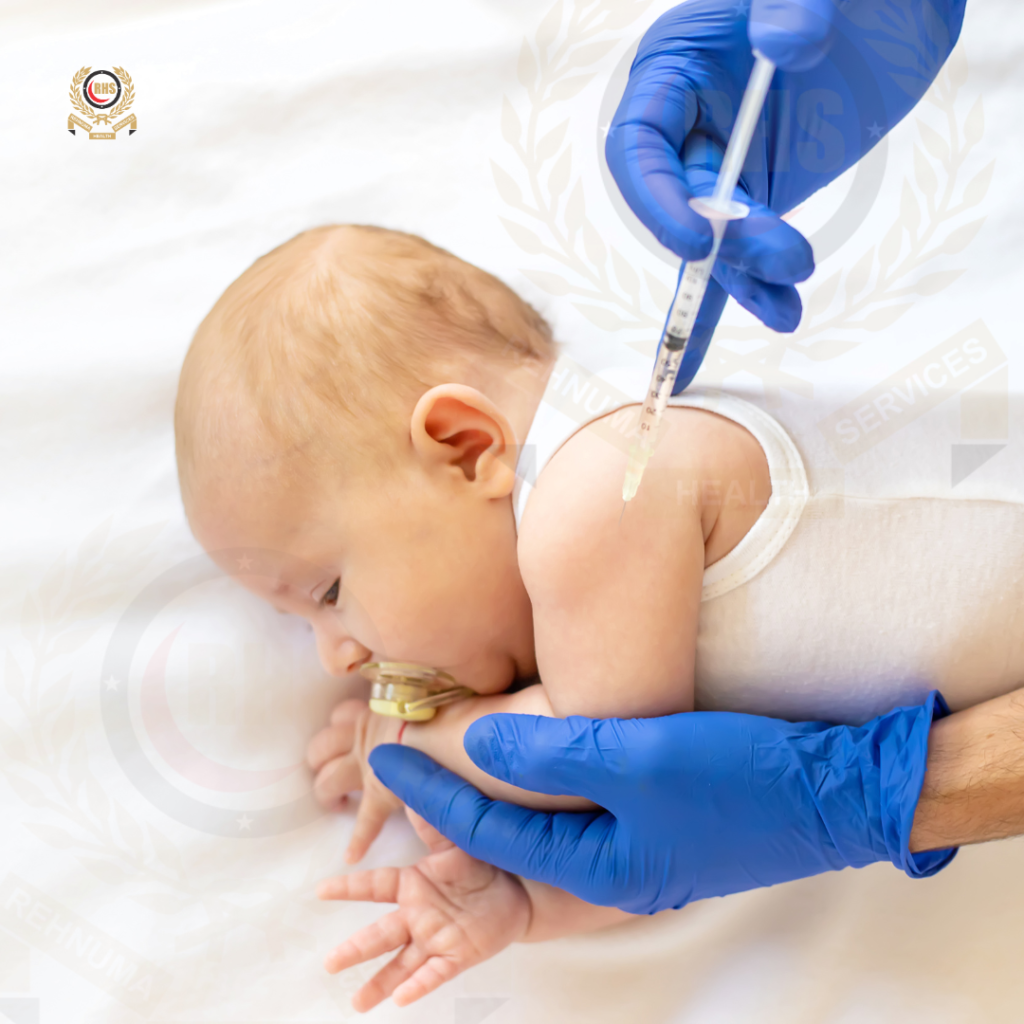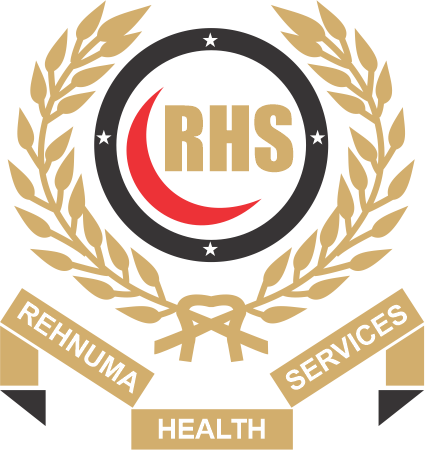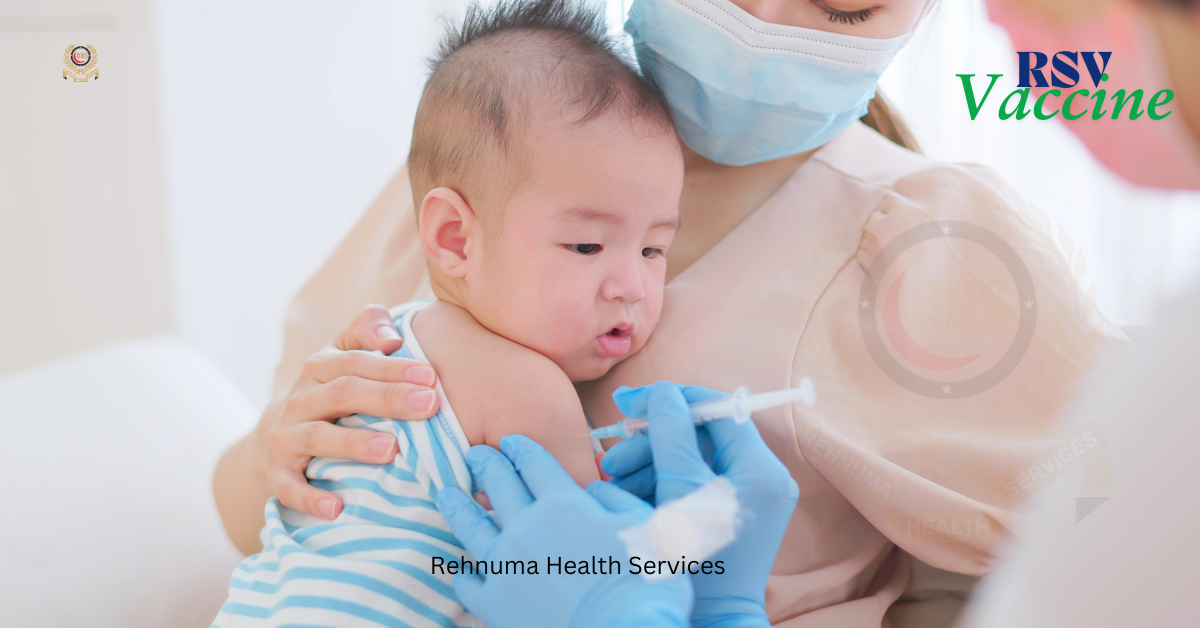As a parent, your baby’s health is always your top priority. RSV vaccine for infants has become a breakthrough in protecting babies from Respiratory Syncytial Virus (RSV), a virus that can lead to severe respiratory illnesses, hospitalizations, and even fatalities in young children.
In 2024, the RSV vaccine has become a game-changer in protecting infants against this dangerous virus. This comprehensive guide delves into everything you need to know about the RSV vaccine, why it is essential, and how to ensure your child’s safety.
What is RSV?
Respiratory Syncytial Virus (RSV) is a seasonal virus that primarily affects the lungs and respiratory system. It is one of the most common causes of bronchiolitis (inflammation of the small airways in the lungs) and pneumonia in children under five.
How Does RSV Spread?
RSV spreads through:
- Droplets: When an infected person coughs or sneezes, droplets containing the virus can spread to others.
- Surfaces: RSV can survive on surfaces like toys, door handles, and countertops for several hours.
Direct Contact: Touching someone infected, like a caregiver or sibling, can spread RSV.
RSV Symptoms in Infants
While RSV often starts with mild cold-like symptoms, it can quickly progress in infants, causing:
- Severe coughing or wheezing
- Rapid or difficulty breathing
- High fever
- Cyanosis (bluish skin due to lack of oxygen)
- Difficulty feeding
Global Burden Respiratory Syncytial Virus
According to the World Health Organization (WHO), RSV is a leading cause of acute lower respiratory infections (ALRI) in children under five, causing approximately 33 million cases and more than 100,000 deaths annually worldwide
Ref: World Health Organization (WHO): RSV Global Burden Estimates
Why is the RSV Vaccine Important for Infants?
The RSV vaccine represents a significant breakthrough in infant healthcare. Infants, particularly those under six months, are at a higher risk of severe RSV infections. The introduction of RSV vaccines is especially critical because:
- High Hospitalization Rates: RSV is one of the most common reasons for hospital visits in infants. Data from the U.S. Centers for Disease Control and Prevention (CDC) reveals that RSV leads to around 58,000 hospitalizations annually in children under five in the United States alone.
- remature Babies:* Premature babies (born before 37 weeks) often have underdeveloped lungs, increasing their vulnerability to severe RSV.
- Lack of Prior Preventive Measures: Previously, parents had to rely on basic preventive measures such as hygiene practices to avoid RSV infections.
The vaccine fills a critical gap in preventing severe cases and reducing healthcare burdens.
How Does the RSV Vaccine Work?
The RSV vaccine works by stimulating the immune system to produce antibodies against the RSV virus. Depending on the vaccine, the method of immunization may vary:
- Infant Vaccination: Directly administered to babies, offering them immediate immunity.
- Maternal Vaccination: Given to pregnant women, typically during the third trimester. This approach allows antibodies to pass through the placenta to the baby, offering protection during the first few months of life.
Types of RSV Vaccines
In 2024, there are two major types of RSV vaccines:
- Monoclonal Antibody Injections (e.g., Nirsevimab): Designed to provide passive immunity by directly injecting protective antibodies into infants.
- Active Immunization Vaccines (e.g., GSK or Pfizer RSV vaccines) stimulate the body’s immune system to produce antibodies.
Both types have been extensively tested in clinical trials and are considered safe and effective for infants.
RSV Vaccine?
The RSV vaccine is recommended for the following groups:
- Infants Under 6 Months: They are most vulnerable to severe infections.
- Premature Babies: Premature infants are especially susceptible due to underdeveloped lungs and weaker immune systems.
Infants with Health Conditions: Babies with chronic heart, and lung diseases, or immunodeficiency should prioritize vaccination.
Note: It is not upon us to choose the RSV Vaccine, Parents should make sure of a proper checkup by their Child Doctor.
Special Considerations for Premature Infants
Studies have shown that RSV hospitalization rates are nearly 50% higher in premature babies compared to full-term infants. For parents of premature infants, vaccination is not just a preventive measure but a necessity.
When Should Infants Receive the RSV Vaccine?
The timing of RSV vaccination depends on several factors, including the vaccine type and the healthcare guidelines in your region.
- Maternal Vaccines: Administered between 28 and 36 weeks of pregnancy, protecting the baby for the first few months after birth.
- Infant Vaccines: Typically given shortly after birth or within the first six months, especially before the RSV season (fall and winter in many regions).
Parents should consult with their pediatrician to determine the best vaccination schedule.
Safety of the RSV Vaccine for Infants

Clinical Trials and Approval
The RSV vaccine underwent extensive clinical trials involving thousands of participants. Data from trials shows that vaccines like Nirsevimab reduced the risk of severe RSV-related lower respiratory tract infections by up to 75%.
Common Side Effects
The RSVs safe, but like any medical intervention, they may cause mild side effects, such as:
- Low-grade fever
- Redness at the injection site
- Temporary irritability
Severe side effects are exceedingly rare. Always report any adverse reactions to your healthcare provider immediately.
Benefits of the RSV Vaccine for Infants
- Reduction in Severe Cases: Vaccinated infants have significantly lower rates of hospitalization and complications.
- Eased Healthcare Burden: Families experience reduced stress and fewer hospital visits, saving time and resources.
- Improved Quality of Life: Healthy infants are less likely to miss critical developmental milestones due to illness.
- Community Protection: Widespread vaccination helps reduce overall RSV transmission, protecting vulnerable populations.
Availability of the RSV Vaccine in Islamabad and Rawalpindi
At Rehnuma Health Services, we provide comprehensive guidance and access to RSV vaccines for infants in Islamabad and Rawalpindi. Our expert pediatricians ensure that the vaccine is administered safely and effectively, giving parents peace of mind during RSV season.
Contact us today to schedule your infant’s RSV vaccination.
Conclusion: Empowering Parents with Knowledge and Protection
As we move into 2024, the RSV vaccine stands out as a critical tool for protecting infants from a virus that has long posed a serious threat to their health. By vaccinating your baby, you are taking a proactive step to safeguard their well-being during the most vulnerable months of their life.
The RSV vaccine not only reduces the risk of severe respiratory illnesses but also offers peace of mind to parents, allowing them to focus on their baby’s growth and development without the constant worry of RSV-related complications.
For more health tips, expert advice, and the latest updates on vaccines and healthcare innovations, visit the Rehnuma Health Services blog page. Let’s work together to keep your family safe and thriving.




